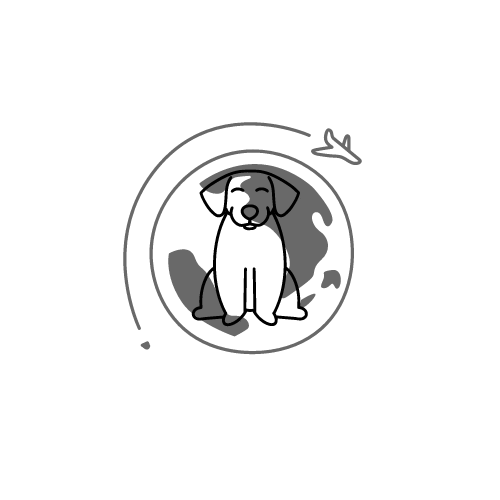Why does my cat hiss?

Why do cats hiss?
Hissing is generally slightly more common than growling. It is usually a sign that your cat is feeling insecure or unsafe. They don't know what to expect, feel threatened and therefore become defensive. They hiss at other cats as well as at people. People can sometimes be seen as very threatening, especially if your cat is not used to people as a small kitten. You are of course also much bigger than your cat; how scary we would find it if a giant suddenly came bulging towards us! Even if you (accidentally) hurt a cat, it can explode. The growling and hissing often comes from a feeling of uncertainty or insecurity. See if you can think of what might be causing your cat to not feel safe or secure. Did something just happen that scared your cat? Can you change something about this? To increase the feeling of safety in your home, it is very nice if you provide sufficiently high (hiding) places.
If you have multiple cats, make sure they all have their own safe place. Often, hissing and growling means a cat is unhappy about something or is in pain. Cat experts agree that hissing is usually a warning to another person or animal — the cat's way of telling it to back off.
Cats like familiar things that make them feel safe, so sometimes cats huff because there is a new object in their environment (such as a toy or piece of furniture). When this happens, we recommend introducing the new objects into your home slowly to get your cat used to them. Or use some catnip to make them more attracted to the new item.
When does a cat hiss?
There are many situations in which a cat can growl or hiss. One not yet mentioned is 'being scared'. Some cats will be startled more quickly than others. This also has to do with basic safety, but the character of a cat also plays a role: not all cats are relaxed. There are nervous cats that got off to a good start and relaxed cats that got off to a bad start: personality plays a big role. Use your common sense when living with a cat and remember: cats have servants! Adhere to the cat's wishes and you and your cat will have world-class time together! It is precisely the stubbornness of a cat that appeals to many people over the often somewhat slavish behavior of a dog, no matter how nice.
Cats can also dream in their sleep, so it is logical that they also make sounds when they sleep: So a hissing or growling cat can be dreaming. Do not wake a sleeping cat abruptly: depending on the phase of sleep it is in, the cat may become very startled and may growl or hiss. A cat that is neglected and wandering around will have a much less relaxing sleep than a cat that is surrounded by love and security. A shelter cat may lack basic confidence and therefore react much more nervously than a cat that has grown up in a stable environment. Such a shelter cat is much more likely to growl and hiss in its sleep. The following applies to all cats: if there is a reason to wake him up, do so quietly, blow on his ear or something similar. It is best to leave a sleeping cat alone: teach this to children too!
Most cat communication is through body language. But cats are of course not stupid: well-known sounds are the harmonious purring and meowing of cats to communicate with their people, which depending on the pitch can have a specific content: “Give me food!”, “Let me out!” or “Play with me!” Cat hissing and growling is a little more difficult to pinpoint, especially if there is no obvious connection. Find out what the cat's growling and hissing sounds mean.
What should you do if your cat blows?
- A very important piece of advice when your cat blows or growls at you: Don't come any closer, but leave your friend alone for a while. They don't give this sign for nothing. You can possibly calm your cat down a bit by speaking calmly and softly and slowly closing your eyes (this way they learn that you don't want to hurt them). Sometimes it's better to leave them alone for a while. Give them all the time they need to feel safer again and let them take the initiative to come to you.
- Consider a trip to the vet. If your cat is blowing and there are no changes in his environment or temperament, he may be blowing because he is in pain.
- Contrary to popular belief, cat hissing is not bad behavior or a display of aggression. When a cat blows, it's because something is wrong - although that can also include aggressive instincts. To get a cat to stop blowing, you first need to figure out what's bothering the cat.
